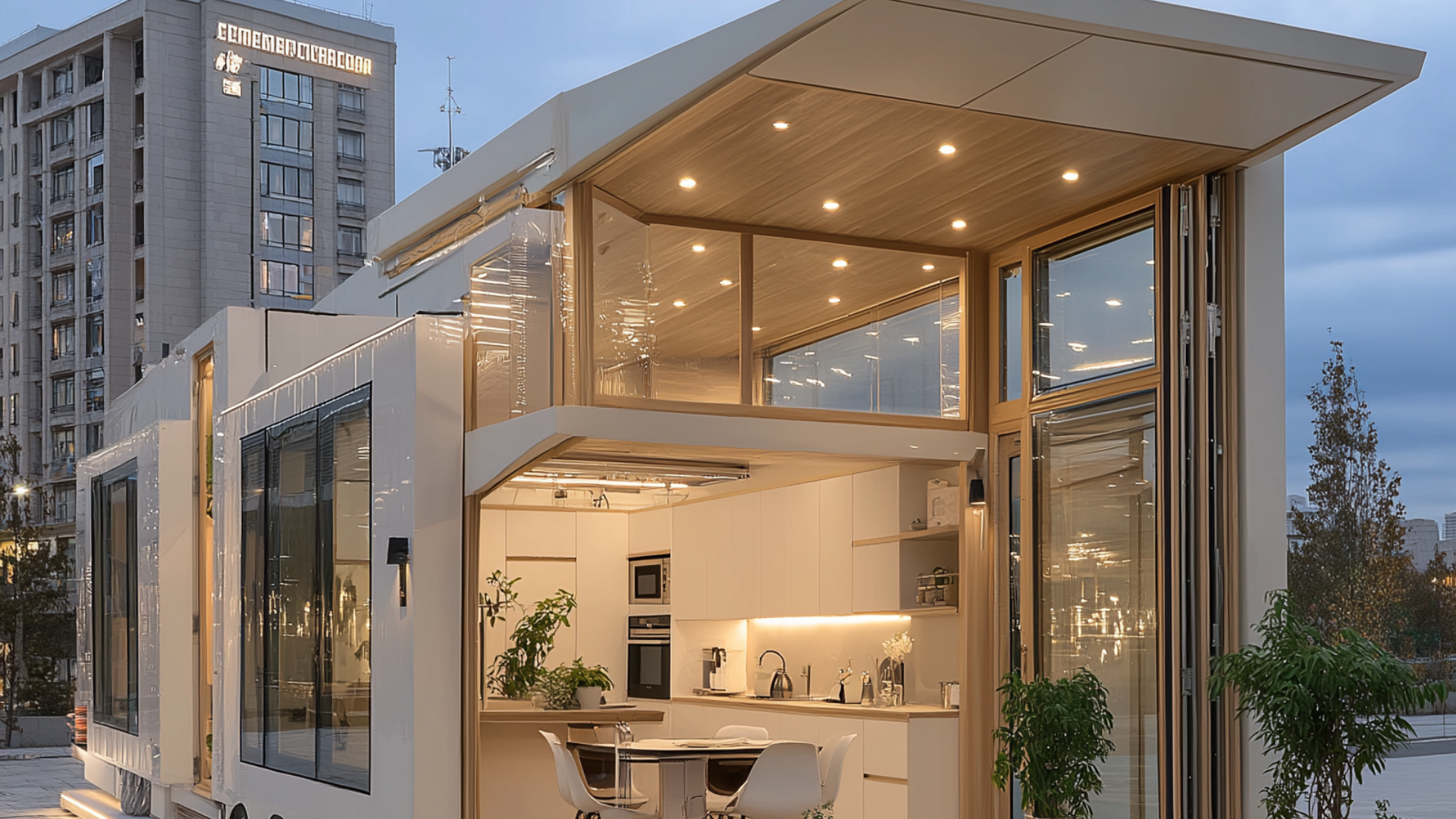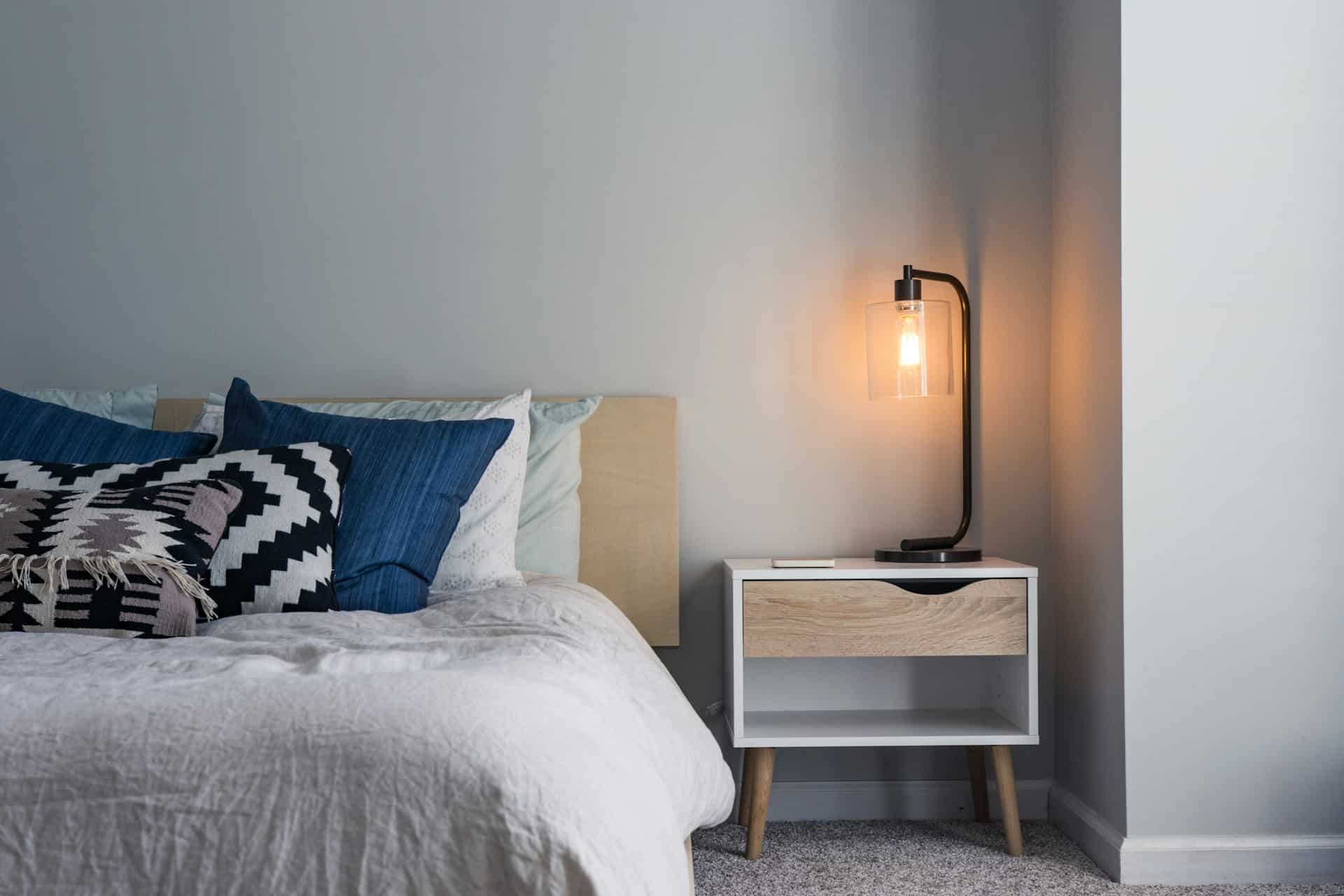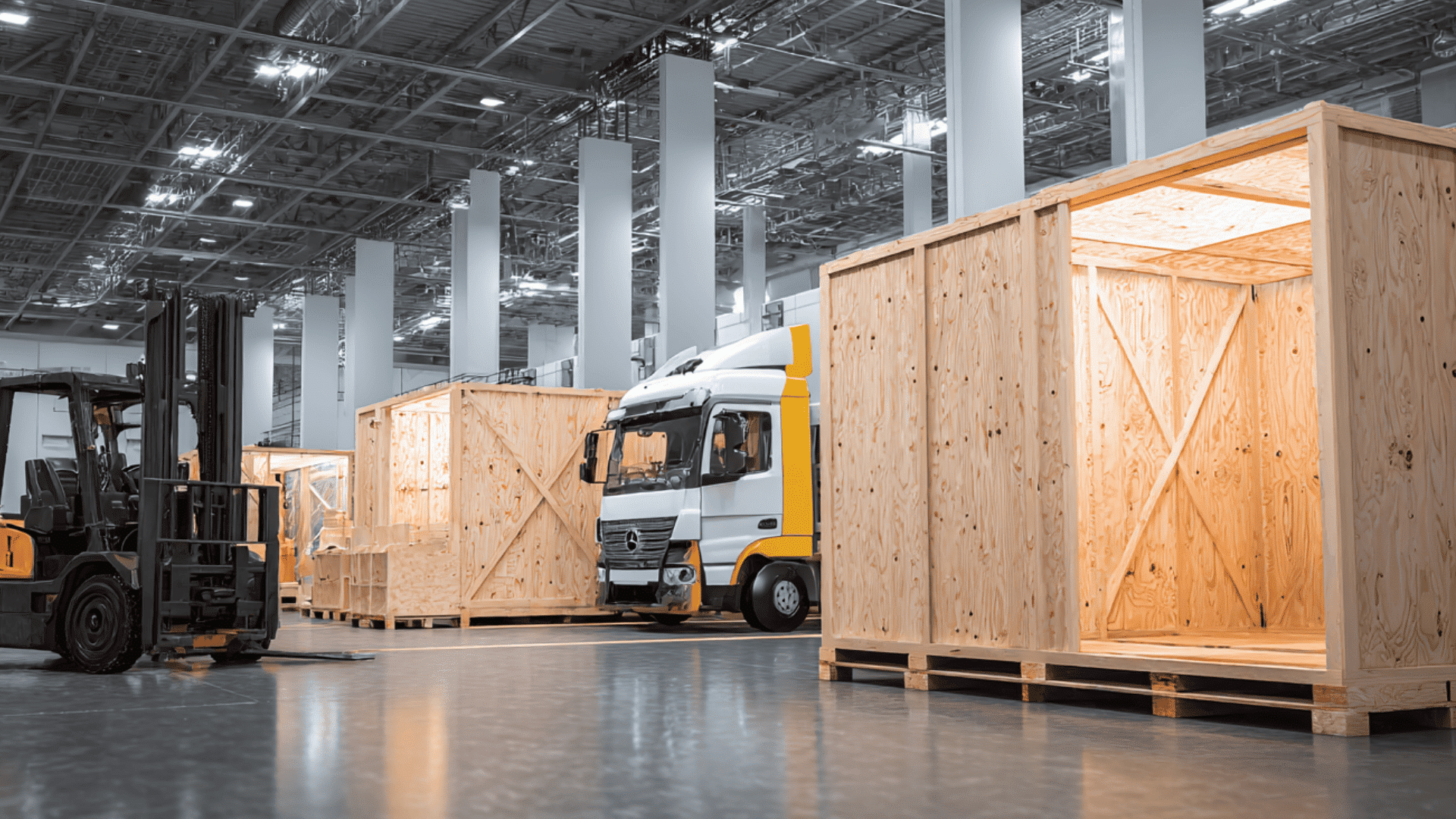Many buyers worry, do mobile homes depreciate like cars? Or can they ever grow in value like regular houses? You’ll hear strong opinions from friends, agents, and the internet.
But most people never explain when they’re good or bad investments. In this blog, we’ll break down how mobile and manufactured homes work.
We’ll look at costs, cash flow, land, parks, and long-term value. By the end, you’ll know if these homes fit your goals and risk level. So you can decide with clear facts, not fear or hype.
Whether you’re a first-time buyer or an investor, this guide stays simple and honest. Let’s see when these homes can actually help you move forward and when to walk away.
What Are Mobile and Manufactured Homes?
Mobile homes are older factory-built homes made before June 15, 1976. They were built on a steel frame, moved to a park or land, and usually don’t meet today’s safety standards.
Manufactured homes are newer factory-built homes built after June 15, 1976. They follow strict HUD rules, can look like small regular houses, and are often safer, sturdier, and easier to finance than older mobile homes.
Modular homes are also built in a factory but follow local building codes, like regular houses. They are assembled on a permanent foundation and are usually treated like site-built homes by banks and appraisers.
Site-built homes are built completely on the land, using traditional methods. Because of how each type is built and labeled, banks, appraisers, and buyers treat them differently, which impacts financing, value, and long-term investment potential.
Are Mobile and Manufactured Homes a Good Investment?
The honest answer is: it depends on your goals, budget, and risk tolerance. These homes can be a smart move for some people and a bad fit for others. The table below gives a simple view of the main pros and cons in one place:
| Factor / Angle | Pros | Cons |
|---|---|---|
| Entry cost | Lower purchase price than many site-built homes, so you can start with less money. | Cheaper homes can sometimes be in older parks or weaker areas with fewer long-term buyers. |
| Cash flow | Rents can be strong compared to the price, which can create good monthly cash flow. | Repairs, vacancy, and lot rent can quickly reduce or even wipe out your monthly profit. |
| Affordable housing demand | Many people need safe, low-cost housing, so demand can stay steady in many markets. | In weak or shrinking markets, even affordable homes can sit empty or attract weaker tenants. |
| Depreciation | You may buy at a discount because many sellers know these homes often lose value. | The home itself can act more like a vehicle and lose value over time, especially in parks. |
| Land and lot rent | Owning the land can build equity and give you more control over the property. | In a park, you pay lot rent and must follow park rules, which can limit profit and freedom. |
| Financing and resale | Newer manufactured homes on land may qualify for better loan terms and buyers. | Older mobile homes and homes in parks can be harder to finance and tougher to resell. |
Different Ways People Invest in These Homes
People use mobile and manufactured homes in a few main ways as investments. Your chosen strategy affects your workload, your timeline, and the kind of returns you aim for.
- Living in one and hoping for appreciation: Treat the home as both your shelter and a long-term asset. This works best when you plan to stay for years and also own the land. The real return is stability and lower housing costs; any price growth is extra, not something to rely on.
- Renting it out: Use the home mainly as a rental unit that brings steady monthly income. This suits investors willing to handle tenants, repairs, and park or community rules. Success is measured by reliable cash flow after all expenses, not a huge resale payday.
- Flipping or improving and selling: Buy underpriced or worn homes, then add value through repairs and upgrades before selling. This strategy fits people comfortable with projects, timelines, and budgets. Profit depends on buying right, controlling rehab and holding costs, and selling into solid local demand.
Do Mobile and Manufactured Homes Depreciate or Appreciate Over Time?

Most mobile and manufactured homes do depreciate over time, but not always and not in a straight line. What happens to value depends on land, location, age, condition, and local demand.
1. Typical Value Pattern
Most factory-built homes, mobile or manufactured, follow a similar value curve. Understanding this pattern helps you avoid overpaying and plan your exit.
- Big drop when new: The first buyer usually takes the largest hit in value, like a new car leaving the lot. Once installed and “used,” resale price is usually lower than the new-home price.
- Slower changes later: After the first few years, value tends to move more slowly, drifting up, down, or staying flat depending on land, market, and upkeep.
Because of this, the first owner often absorbs the biggest loss. Later buyers may face less depreciation if they buy used at a realistic price.
2. When Depreciation Is Most Likely
Some situations push both mobile and manufactured homes toward losing value. In these setups, the home behaves more like a vehicle than true appreciating real estate.
- New home in a park on a rented lot: You do not own the land, so you miss out on land appreciation, while the structure itself may steadily lose value as you keep paying lot rent.
- Weak area or poor community: Rough parks, declining towns, or high-crime areas scare away strong buyers and tenants, which puts downward pressure on prices and resale demand.
- Poor maintenance and neglect: Roof leaks, damaged siding, soft floors, old systems, and dated interiors make the home worth far less and harder to finance or sell later.
When you combine a rented lot, a weak location, and poor condition, the depreciation risk is very high. In that case, any investment should be judged mainly on cash flow, not future resale value.
3. When Appreciation or Stable Value Is More Likely
Other setups make a manufactured or even an older mobile home behave more like traditional real estate. Here, land and location do much of the work.
- Home placed on owned land: Owning the land turns the deal into real property, and the land itself can rise in value even if the home only holds steady or slowly fades.
- Located in a growing market: Areas with job growth, rising rents, and tight housing supply can lift prices for all housing types, including well-placed manufactured homes.
- Well-maintained, modern HUD-code home: Newer, clean, code-compliant homes with good layout and curb appeal are easier to finance, appraise, rent, and resell, which helps support value.
In short, a mobile or manufactured home on owned land, in a growing area, and in good condition has the best chance to stay stable or appreciate. In those cases, you can aim for both solid cash flow and some long-term value protection.
Mobile Home as an Investment vs a Place to Live
The table below compares a mobile home as a place to live versus a pure investment. It shows how “good investment” can mean money for some people and quality of life for others:
| Aspect | As a Place to Live | As an Investment |
|---|---|---|
| Main focus | Comfortable monthly payment, lifestyle, and location that feels right for you. | Cash flow, return on investment, and how the numbers look over time. |
| Monthly payment | Want a payment that fits your budget and feels stable long term. | Want income to be higher than all costs so the deal makes a profit each month. |
| Depreciation | Matters less if you plan to stay many years and enjoy living there. | Matters more, because future resale price affects total return and exit strategy. |
| Location and community | Choose a place that feels safe, convenient, and matches your daily life. | Choose an area with strong demand, good rents, and solid long-term growth potential. |
| Emotions vs money | Emotions and lifestyle carry more weight than pure financial gain. | Decisions are colder and more math-based, with feelings playing a smaller role. |
| Park rules and lot rent | Rules affect comfort and daily life; the lot rent must fit your budget. | Rules and lot rent affect risk, cash flow, and how easy it is to sell later. |
| Financing and insurance | You want a loan and insurance you can afford without stress. | You want flexible financing and insurance that attract more future buyers or investors. |
| “Good investment” meaning | Means affordable, stable housing and a better quality of life for your family. | Means strong returns, clear exit options, and a solid balance between risk and reward. |
A mobile home can be a “good investment” in money, in lifestyle, or in both together. What matters most is matching the home to your goals, not someone else’s definition of success.
How to Reduce Depreciation?
Reducing depreciation starts with buying smart. Choose a safe, stable location and a well-run community, consider a used home instead of brand-new in a park, and prefer owning the land whenever possible.
Then protect value with steady maintenance. Check the roof, underbelly, plumbing, and skirting regularly, fix small problems early, and control moisture so leaks, rot, and structural damage never get a chance to grow.
Add smart upgrades that give the most impact. Improve the roof, windows, insulation, steps, and curb appeal, and use simple interior updates like new flooring, fresh paint, better lighting, and light kitchen or bathroom refreshes.
Finally, keep your paperwork clean and organized. Make sure you have a clear title, convert the home to real property where allowed, and store all key documents so financing, appraisal, and resale are easier.
Should You Invest in a Mobile or Manufactured Home?
Use this simple yes/no checklist before you buy. Your answers will show if a mobile or manufactured home fits your goals.
- Are you buying land or just the home in a park?: Owning the land can support long-term value, while park-only homes depend more on cash flow and low entry cost.
- Is the area growing, stable, or declining?: Growing or stable areas are safer for rents and resale, while declining areas increase the risk of vacancies and low offers.
- Are you okay with possible depreciation in exchange for lower cost or strong cash flow?: Many homes lose value over time, so you must be comfortable winning mainly through cash flow or affordability.
- Do you plan to stay or invest for the long term, not just a year or two?: Mobile and manufactured homes usually work better when you hold for several years instead of chasing quick flips.
- Can you handle maintenance, repairs, and park or community rules?: You or your manager must deal with leaks, tenants, inspections, rule changes, and sometimes strict park policies.
- Are you clear on your main goal: affordability, cash flow, or long-term appreciation?: These homes usually shine for affordability and cash flow more than big price growth, so your goal should match that.
If most of your answers are “yes,” a mobile or manufactured home can be a good fit. If most are “no,” consider options like modular or traditional site-built homes instead.
Conclusion
Mobile and manufactured homes can be smart choices, but they are not right for everyone. The best fit depends on your budget, goals, and how long you plan to stay or invest.
You’ve seen how type, land, location, and condition affect value, depreciation, and cash flow. You also saw how these homes can work as both a place to live and an investment.
Use the checklist to test your own situation and run the numbers slowly. Compare parks, neighborhoods, and other home types before you decide.
If this guide helped, share it with someone considering a mobile or manufactured home, or save it to revisit when you start shopping.















